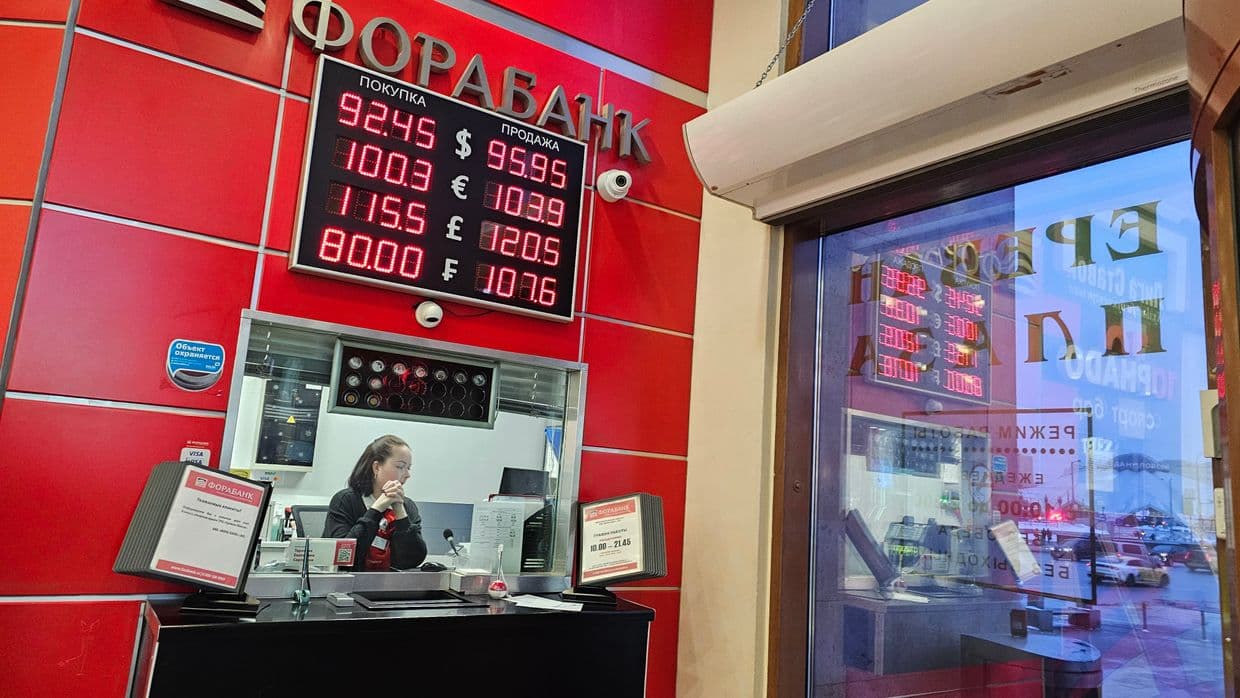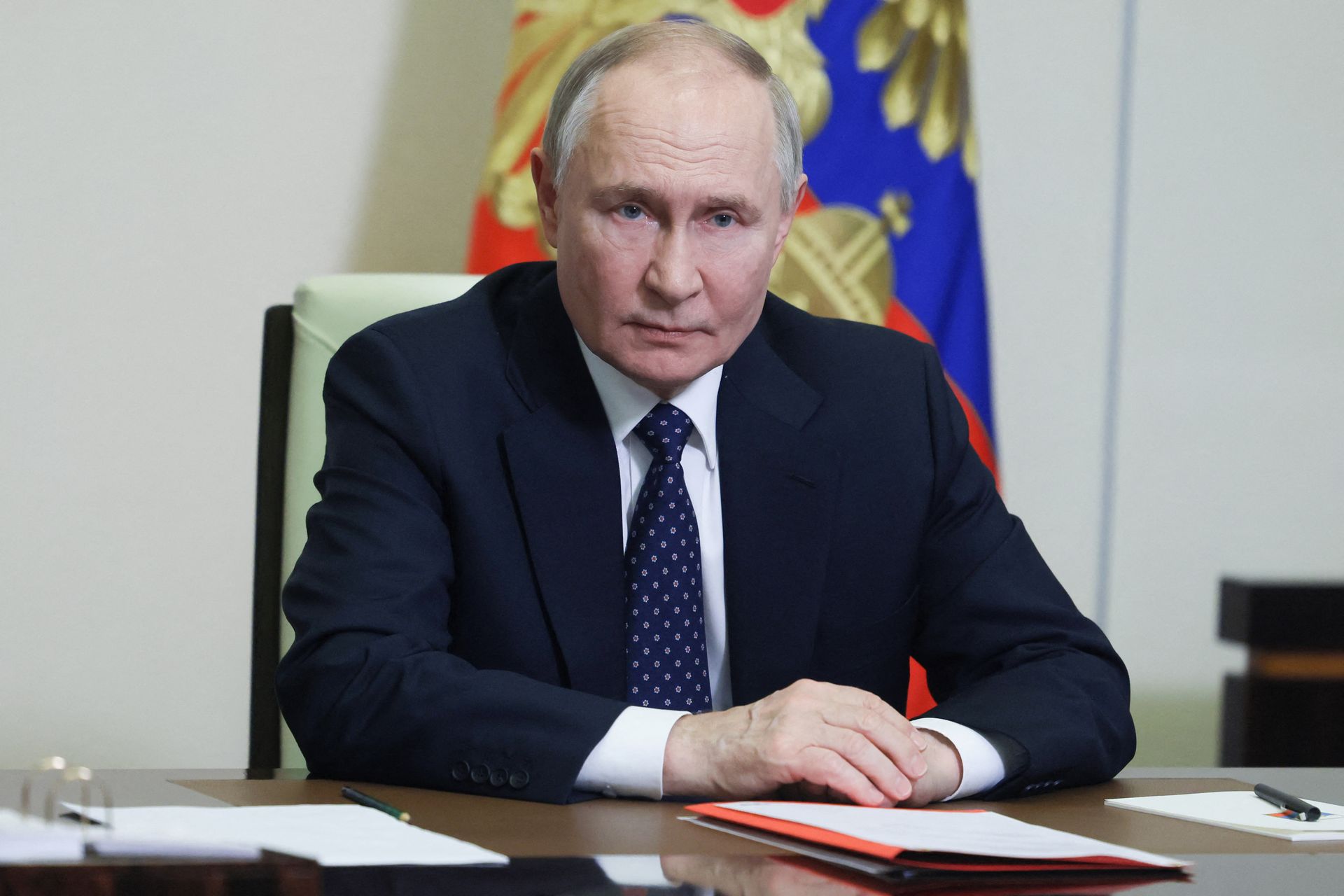Despite growth claims, Russia’s war economy shows deep risks, Reuters reports

Russia’s economy faces mounting pressure due to its full-scale invasion of Ukraine and Western sanctions, according to a new report from the Stockholm Institute of Transition Economics (SITE) presented for talks of European Union finance ministers on May 13.
While the Kremlin continues to project economic strength—citing GDP growth of 4.3% in 2024—SITE researchers warned that the apparent resilience is misleading.
"The fiscal stimulus of the war economy has kept the economy afloat in the short term, but the reliance on opaque financing, distortionary resource allocation, and shrinking fiscal buffers makes it unsustainable in the long term," the report read, according to Reuters. "Contrary to Kremlin narratives, time is not on Russia’s side."
Torbjorn Becker, who presented the findings, cast doubt on the credibility of Russia’s economic statistics. He questioned the government’s claim of 9–10% inflation, pointing to the central bank’s unusually high policy rate of 21%. "Which regular central bank would have a policy rate that’s basically 11.50 percentage points higher than the inflation rate? If any of our central banks were doing something like that, they would be out of their job the next day," Becker said. "If you understate inflation, you will then overstate real GDP numbers."
Becker also raised concerns about Russia’s true fiscal deficit.
Despite the war, Moscow has officially reported a budget shortfall of just 2% of GDP annually since the invasion began. "Fiscal numbers in Russia don’t really correspond to what we think that they are putting into the war effort," Becker said.
He argued that if off-budget military financing through the banking system were accounted for, the actual deficit could be twice as high. That, he warned, is increasing financial risks, as banks report unusually high credit growth. "These are all indicators that we usually look at when we want to predict the banking crisis," he added.
European Economic Commissioner Valdis Dombrovskis backed the SITE analysis. "Their analysis highlights the unreliability of Russian statistics, and how the Russian economy is not performing as well as its official statistics suggest," Dombrovskis said.
"The Commission broadly agrees with this analysis and the overall increasing fragility of the Russian economy. This underlines the importance of the international community’s ongoing efforts to limit the Kremlin’s capacity to continue its war of aggression against Ukraine."











